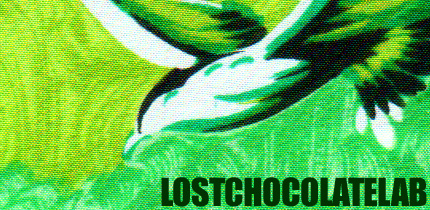Since joining the AAA game space I've helped ship 23 titles across 11 studios, of which one studio has officially crossed over to the other side. I spent 3 years prior to landing my first gig trying a bit of everything having to do with game audio, which included things like: carnival music for a hippo spelling game (fail), building XMF for a location based mobile game (pain), and directing the audio team for an independent RTS that is still in production (0 A.D.). The first GDC I went to in the spring of 2006 with an over-engineered demo reel which attempted to bridge the akwardness of trying to demo implementation with a Olivia Newton-John voiced robot cat.
I was quick to identify what I didn't like about creating sound for games, but the process of understanding what I did like was a much slower road. I've often said that my formative years were spent scrubbing through the OpenAL API or HL2 Source SDK, because my thirst to decipher the art of game audio implementation was voracious and insatiable (not to mention, good resources were hard to find). Not that I understood the half of it, I'm not a programmer and don't aspire to be. Somewhere between the creation of content and the low-level language of today's game and audio engines I stumbled upon the emerging art of Technical Sound Design.
When I first started out on this career path, audio implementation seemed like little more than a stepping stone for content creators (both music and sound) to cut their teeth and eventually take them to their final destination. It continues to be a way into the industry, just like aspiring game designers coming up through QA, but it's also a legitimate aspiration in it's own right. Of course, it's not the kind of job you find advertised in the back of your local paper (even looking in the right places you might not necessary find it), but that doesn't mean it's not out there.
I can tell you with confidence that if you lead your search for a career by doing what you love, that there is place for your passion.



No comments:
Post a Comment